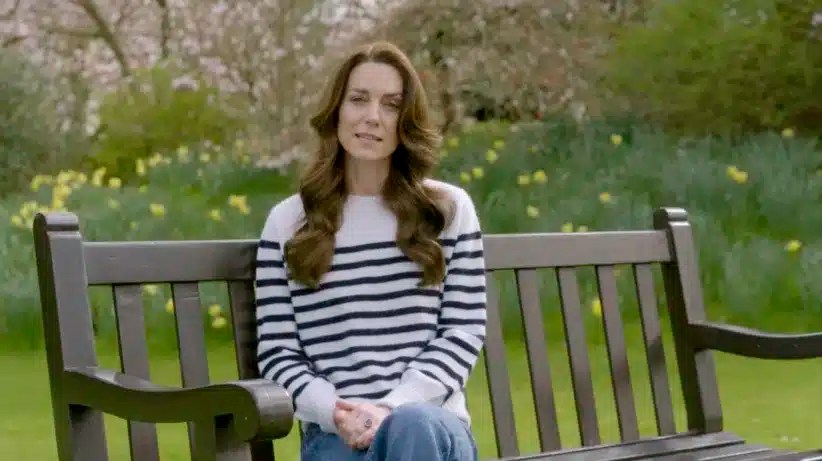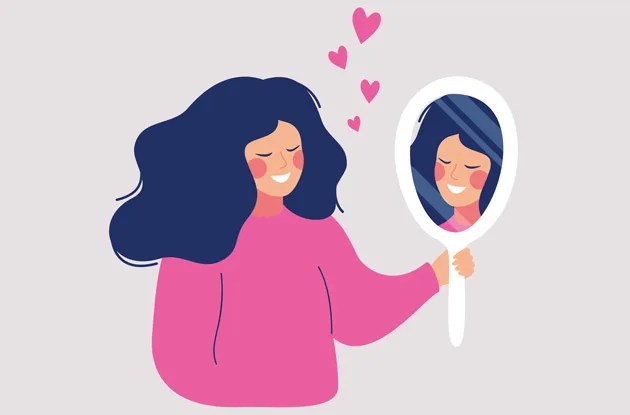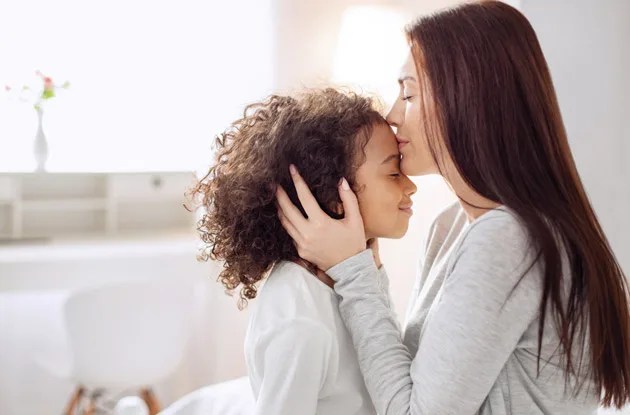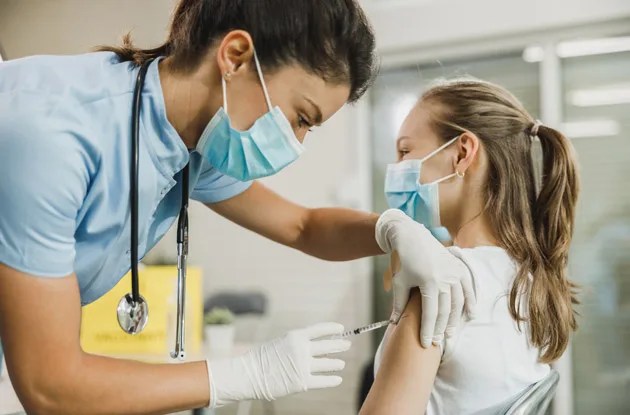Egg donation, which has existed since 1984, has afforded many women the opportunity to have children. Egg recipients are often women over the age of 39 with early menopause, insufficient egg quality, genetic conditions, or high FSH (follicle stimulating hormone) levels.
CHRIS CHAGARIS talks to local specialists for an update on the procedure:
Are women increasingly turning to egg donation to conceive? Is there an age limit on the procedure?
More and more women are turning to egg donation in order to have children, according to Jeffrey Klein, M.D., director of Reproductive Medicine Associates of New York, “probably because of increased awareness and access to this technology, and a larger proportion of women deferring childbearing for a career or other reasons, which presents many of them with the problem of infertility at advanced ages.”
Dr. Michael Doyle, director of Connecticut Fertility Associates in Norwalk, explains, “In the last 10 years, the largest percentage of women giving birth are in their mid-30s. There is also a ballooning percentage of such women in their mid- to late-40s.” Single women and gay couples are also becoming more accepting of egg donation in order to have children. Some women in their 20s and early 30s use donor eggs if natural conception is not an option — for example, if a woman has had chemotherapy for ovarian cancer, undergone premature menopause or was born without ovaries.”
“Technically, a woman’s uterus can accommodate a pregnancy at any age, even post-menopausally if adequately primed with hormones,” Dr. Klein says. However, he cautions that women of advanced age should be “aware of medical risks, such as high blood pressure and diabetes which are age-related, as well as ethical and societal concerns.” Age guidelines are usually set by individual fertility centers, depending on their particular comfort levels.
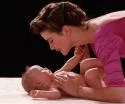
To be or not to be…anonymous
According to Dr. Doyle, some couples insist on the donor being identifiable. However, the majority of donations are anonymous. “It really is up to the individual(s),” he says. At Connecticut Fertility, the 20 percent of donations that are not anonymous are from relatives of the recipient, and the remaining 10 percent are open. “The good news is that donors are coming forward and are comfortable with the process,” Dr. Doyle says.
A RECIPIENT’S POINT OF VIEW
*Mary, 42, is a single, Rockland County consultant who is expecting a child via egg donation soon.
How did you decide to become an egg recipient?
After being devastated by the news that my FSH levels would prevent me from becoming pregnant with my own eggs, I considered the alternative that my fertility doctor presented me. My desire to experience pregnancy and childbirth has always been powerful and I needed to pursue that option to the fullest before moving to adoption as a possibility. I decided to go the egg-donor route almost immediately, but it was still difficult to come to terms with. Ultimately, I knew that pursuing every option to giving birth on my own was the only acceptable path I could go down. It felt selfish at times, like I was going to be inflicting a complicated emotional life on my future child, but it was something I just had to do.
Is this your first time with the procedure? Are you comfortable with the process?
My first attempt with an egg donor did not result in a pregnancy, which was heartbreaking, especially because emotionally I had bonded to the profile of the donor. During the second cycle, I could feel myself placing emotional distance between the whole process. I did not find the clinical part of the procedure to be extremely difficult. I got past my nervousness and did my own shots, so I didn’t have to worry about working around anyone else’s schedule. The recipient is medicated because your body is being prepared to receive the embryo and needs to be in a receptive state. There are birth control pills you take first, then a series of injections for about 6-8 weeks.
Is your preference for your donor to remain anonymous or not?
I prefer that my donor be anonymous. I like having enough information to get an idea of what sort of person she is and I want as much health-related information as possible for the sake of my child, but I’m happy that this is anonymous. In some strange way, it makes the child feel more like mine alone. Although, I have to admit that if I were the child of a donor, I would want the opportunity to know who my donor parent was.
What advice would you give women considering this option?
Emotionally you have to let yourself grieve the loss of your ‘ideal’ notion of pregnancy and conception, and of the genetic connection to the child you’ll carry. Initially it was so painful to think that I would not be able to give my child a sense of its own history or recognize traits that it shares with my parents or sibling. But there is something quite beautiful about the science that is practiced here, and if you’re fortunate enough to have compassionate people guiding you through it, and are open to how life-changing it can be, you’ll more readily appreciate the kindness and encouragement that come to you along the way.


















